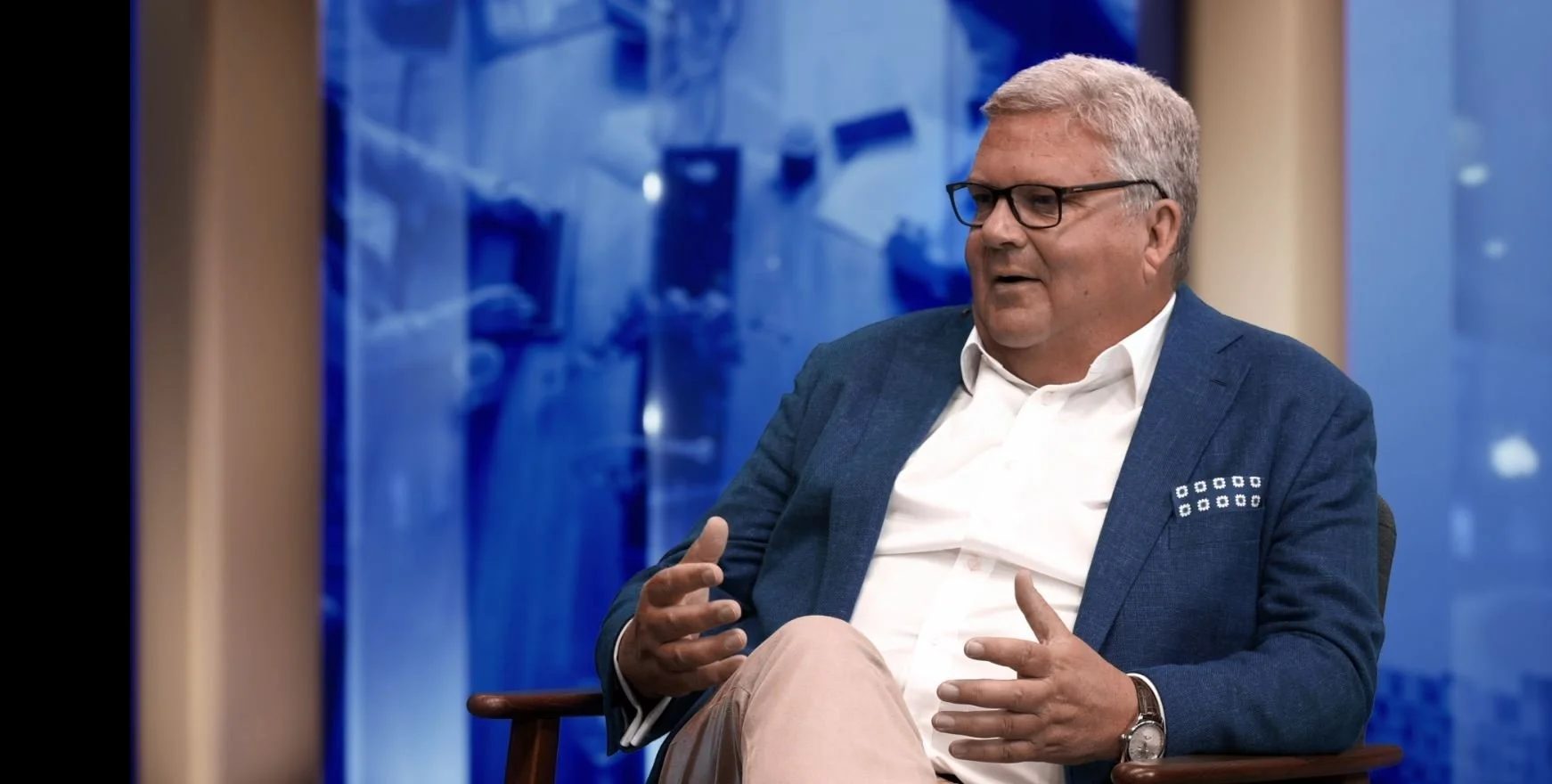In a fast-paced, technology-driven world, the question arises: Can technology be a force for good, helping us overcome bias and improve access? As we experience a technological revolution that empowers us, it's crucial to explore how technology can remove human weaknesses and promote diversity. Remote working platforms have widened our scope of talent networks, while computing advancements have transformed employee engagement. However, biases persist, perpetuating gender, racial, and age-related stereotypes. Rewiring algorithms and fostering diversity in AI development are essential to create unbiased solutions. As recruiters we play a vital role and must address biases, embrace diversity, and help shape a future where technology serves as a catalyst for positive change.
Read MoreWe have over 30 years’ experience in supporting organisational HR. We have international presence and global reach paired with local knowledge and networks. We can help you find specialist ESG expertise or work with you to develop awareness in your leadership and their teams.
Read MoreAlumni consultant Anna Pihl Hedsund presents the current changes and challenges that they are witnessing in the labour market and discuss how organisations can best respond in order to weather the storm.
Read MoreWhere before we saw a clear challenge in attracting private sector leaders to the not-for-profit or public sector, these days at Alumni we see more and more examples of leadership skills being transferred between the sectors. Historically, the cross-over movement has been one way: from private to not-for-profit. Finally, we now see a more equal cross-over trend. So, what are some of the main differences and ideals? How can we maintain and encourage this interchange and cross-over between sectors?
Read MoreA subset of Transformational Leadership, a coaching approach places the emphasis firmly on your reports and away from the self. In this article Fredrik Malmsten gives a brief overview of the methods and merits of using this as part of your leadership behaviours.
Read MoreVictor Reis at Alumni, in this serie of short articles, provides a brief overview of some of the most common and influential theories within leadership.. This time on Sustainable Leadership.
Read MoreManaging a career transition in a turbulent and uncertain job market can be overwhelming. Fredrik Malmsten, Chartered Occupational Psychologist at Alumni outlines how approaching the transition with a clear understanding of your personal values and utilising effective strategies, you can successfully navigate this process and find a career that aligns with your values and aspirations, and during the process grow and develop as a person.
Read MoreIn today’s online interconnected world we are increasingly exposed to a world full of diversity. We are able to engage and connect with people across the world, across different cultures and social contexts. However, it does not necessarily follow that we as individuals leverage the potential of this great vast expanse of diverse interactions. Technology has made it possible, but evolution operates on a different timescale. Individuals must still learn to interpret and cope with social challenges that come with more diversity.
Read MoreMany corporate governance codes require an annual board review affecting particularly listed companies. However, research shows that well-run boards take the process of self-evaluation seriously even where it is not mandated. Board reviews examine the workings of a board and its members along with its effectiveness, the quality of its decision making and strategy, and its relationship with owners and executive management. What are the key features of a good board – particularly in today’s politically and economically turbulent business landscape?
Read MoreIn today's rapidly evolving business landscape, companies are under increasing pressure to transform in order to remain competitive. This requires strong leadership that can tackle the challenges of disruption head-on. The stakes are high, as businesses must navigate new challenges, such as shifting consumer behaviour, rapidly changing technology, new ways of working and volatile economic conditions. Fredrik Malmsten, Consultant and Chartered Occupational Psychologist at Alumni discusses some helpful considerations for successful leadership during uncertainty.
Read MoreMalcolm Devine, Managing Director of Alumni’s Global Consumer & Industry Practice, discusses the economic outlook for 2023 with Yael Selfin, Chief Economist at KPMG in the UK and a Fellow at the National Institute of Economic and Social Research.
Read MoreEnvironmental, Social and Governance (ESG) is a set of standards measuring a business's impact on society, the environment, and how transparent and accountable it is. ESG is at long last on the boardroom agenda, but recent research shows that whilst three quarters of boards believe ESG is important to their company’s success there is a disconnect in linking their governance approach with performance and goals. How can boards drive through their approach to deliver results?
Read MoreUnforeseen risk is a subject of concern for directors and whilst they would love to see into the future, companies will always be challenged by unexpected events. These events always contain elements of both threat and opportunity and a resilient approach to their navigation can have multiple advantages. What more can boards be doing to oversee risk and make the business resilient in the face of unexpected disruption?
Read MoreThe predictions and advice available on how best to weather these times of great uncertainty and business disruptions are many. Macroeconomic instabilities and a looming global slowdown affect us all. Adding our perspective to the mix, we see a key characteristic that organisations will have to practice and integrate, to thrive in the future - flexibility. Taking on an interim solution is for many companies and organisations still a new approach to create room for flexibility, growth and improved efficiency.
Read MoreCatharina Mannerfelt, partner at Alumni, has extensive experience supporting boards and owners in board composition, board effectiveness and board development. Here she discusses some of the challenges and considerations she observes around board succession.
Read MoreThe implementation of targets has had minimal impact on diversity over the years, especially when looking beyond gender and race; perhaps it is time for a new approach? Leaders who can build a culture of inclusivity in their business can create organic change and build an environment where different voices and perspectives can be heard and made welcome.
Read MoreFACT: Good leadership makes for good business – But what does a good leader look like? Authoritarian, democratic or delegating, there are almost as many leadership theories as there are leaders; the simple truth is that there is no one right way to lead. How to adapt with different approaches for every situation could be the most important leadership skill to learn.
Read MoreWe recently interviewed Anders Runevad, professional non-executive board director.
Read MoreRecent times have highlighted the importance of workplace wellness and the current geopolitical and economic instabilities have kept it high on the agenda. In this article, we explain why psychological safety is necessary for the highest expression of integrity, innovation, and inclusion; explore the obstacles to creating psychological safety; and show how leaders can overcome these obstacles to boost resilience.
Read MoreWe have interviewed Johan Book, co-founder and advisor with organisation HejEngagemang! working to inspire businesses and individuals on the importance of employee angement and motivation, to create a more successful and healthy worklife.
Read More



















